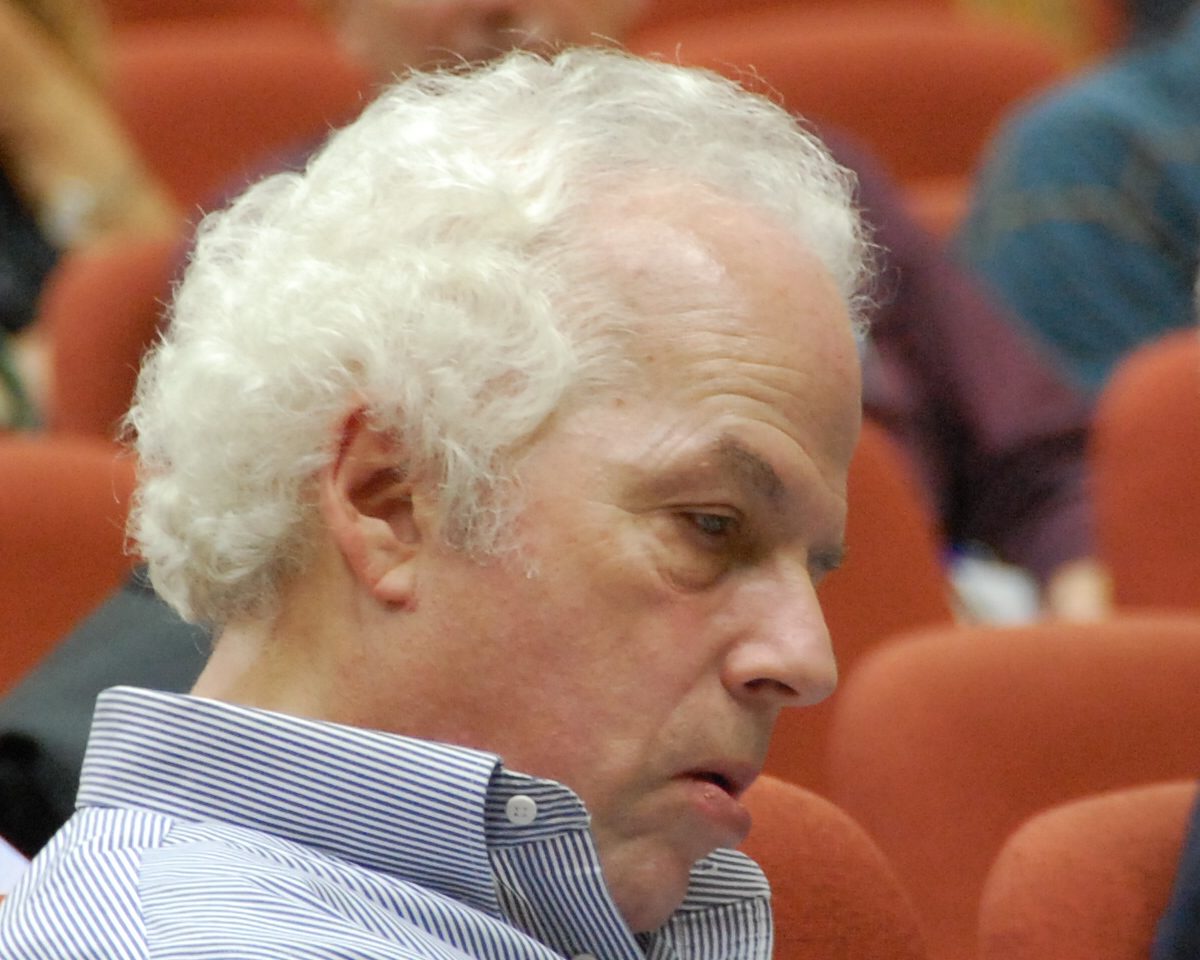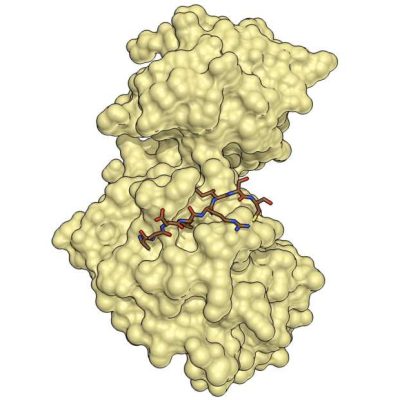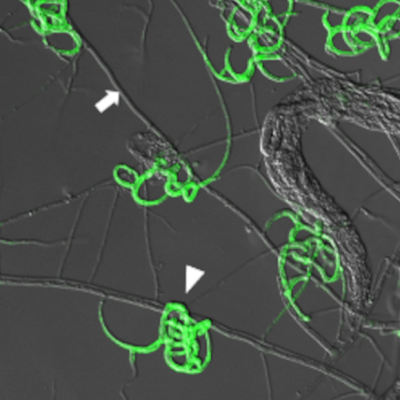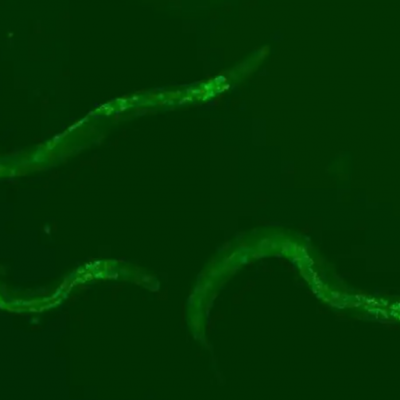Prion – an extraordinary protein molecule responsible for brain infections obtained from meat. In mammals, including humans, it triggers the gradual and unstoppable demise of brain cells, neurons. Stanley B. Prusiner, awarded the Nobel Prize in Physiology and Medicine in 1997 for discovering prions, shed light on this new biological principle of infection.
The discovery of infectious prions challenges conventional notions of infections, as it replicates without genetic material, unlike viruses or bacteria. It displays remarkable resistance to robust treatment methods, often leading to inevitable patient fatality.
Kuru disease, stemming from a prion, is prevalent among the Fore tribe in Papua New Guinea. The tribe’s practice of cannibalism, involving the consumption of prion-infected brain tissue during funeral rituals, facilitates the spread of kuru. The disease caught the attention of researchers, including Stanley Prussiner, who delved into diseases caused by infectious prions such as kuru, Creutzfeldt-Jakobs, and scrapie (affecting sheep). In 1982, Stanley Prussiner, along with his research group at the University of California (San Francisco, USA), isolated the prion molecule from diseased tissue, solidifying the prion theory.
The prion molecule exists in both normal and infectious forms within the nervous system. Normal prions facilitate communication between neurons, but infectious prions alter their structure, turning normal prions infectious. An infectious prion can enter the body through the consumption of diseased tissue or via a harmful mutation in the gene encoding a normal prion.
Stanley Prussiner reflected on the discovery, stating, “[The discovery] went against many popular beliefs. The idea that the protein was infectious and that the disease could be both genetic and infectious, and even more spontaneous, was difficult for people to accept.”










